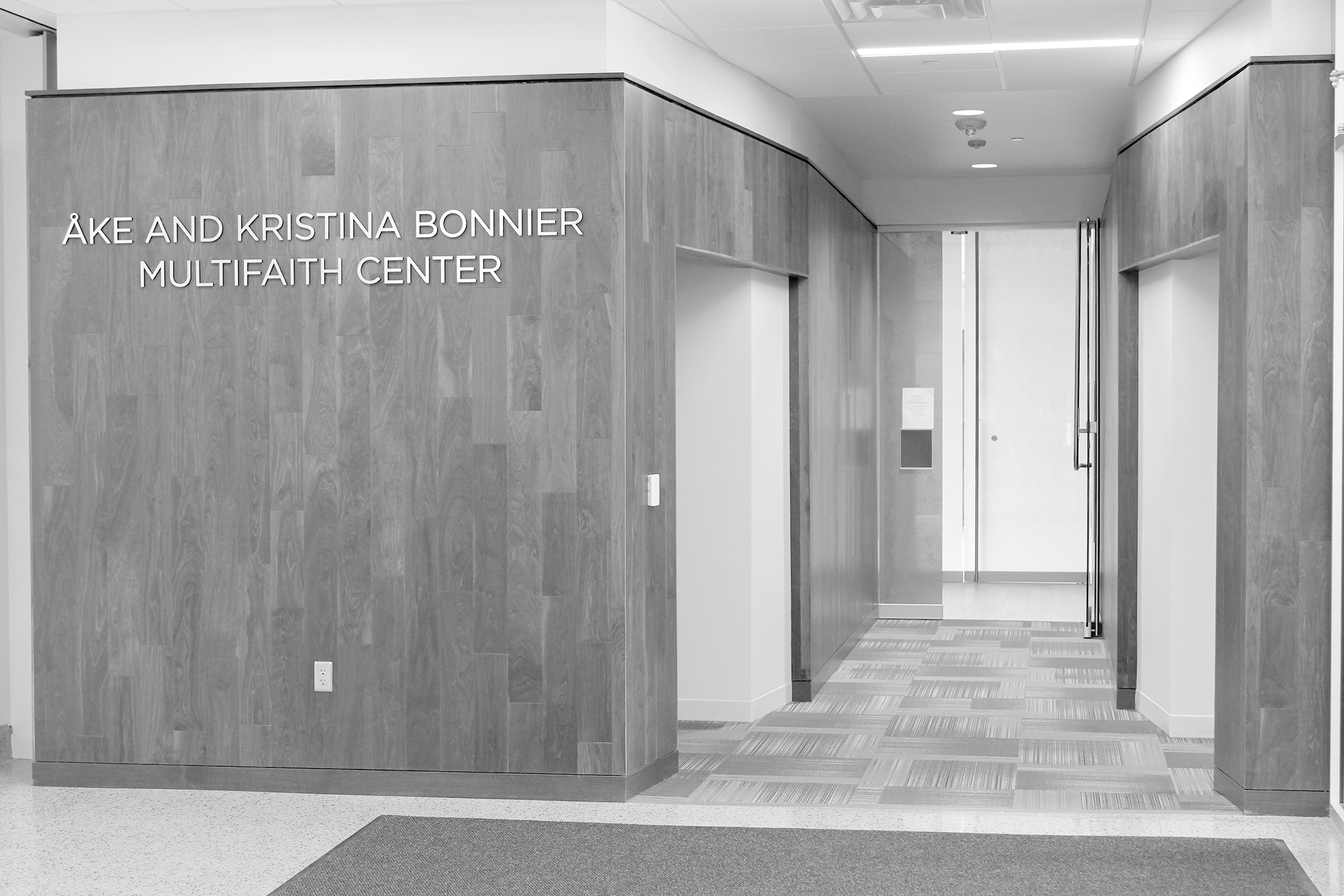It’s no secret college can be stressful, however, when that stress becomes too much, Gustavus has options to help.
Students in need of immediate help are encouraged to utilize the Counseling Center and the Learn to Live services online. Suffering from a mental health disorder is something students do not have to face alone.
There are services available on campus, open to anyone, which seek to help strengthen minds, regardless of who or what they are dealing with.
These practices run Mondays through Thursdays in the Multifaith Center, located on the main floor of Anderson hall, during chapel breaks.
Mondays feature resiliency practices with Michele Rusinko. These have a different theme every week, and can feature ideas including remembering who you are, gratitude, and what it means to hold other people.
Tuesdays are for soul care. These are practices that help strengthen those who are involved in social justice work. The exercises really acknowledge that this work can be slow to change, and therefore disheartening.
Taking the time to look inward and care for oneself can help ease draining feelings. These also have another side, in helping students who have been through harder times.
“There’s a correlation between mental illness and people who have been victims of oppression or abuse,” Chaplain Siri Erickson said.
On Wednesdays, the Multifaith Center will lead students through love and kindness meditation. Chaplain Erickson noted that meditation is one of the most well-researched practices, and the outcomes were encouraging.
“Research has shown positive outcomes for people with mental illnesses adding meditation in addition to other methods,” Erickson said. “These practices help all students focus on gratitude, compassion, mercy, and grace.”
On Thursdays, yoga sessions will be held with Kelly Karstad.
“I believe that teaching yoga can help bring greater ease, calm, focus, and awareness,” Karstad said. “Doing asana or the physical practice of yoga on a regular basis can bring all kinds of benefits. Yoga for some is a purely physical practice.”
These resources help students feel confident that they are cared for and can help students bring greater awareness and attention to their mental health.
No matter what you do during the morning break, it’s truly a gift to have a time-out from the hectic schedule of college.
“Daily Sabbath is a time to pause, recenter, and take some deep breaths,” Erickson said. “Students can remember that they’re a part of a community that loves them.”
Attending the meditative/contemplative practices in the Multifaith center during the break can truly be beneficial, not only for students with mental illnesses, but all students.
“Mental health impacts academics and academics impact mental health,” Karstad said. “If you are not taking care of your wellbeing it is likely that it will affect important commitments and relationships.
My role in helping students individually it to empower them to make choices that are going to positively impact their wellbeing.”
Erickson also noted that the more traditional services in Christ Chapel can also have beneficial effects on students’ mental health.
“Within each religion, there are spiritual and religious practices that can help people with mental illnesses,” Erickson said. “But Mondays through Thursdays [in the Multifaith Center] are open to people regardless of their identity and religious beliefs.”
The world has a lot of work to do still in order to remove the stigma surrounding mental illnesses, but Gustavus new practices are showing movement towards a brighter future for all students.
